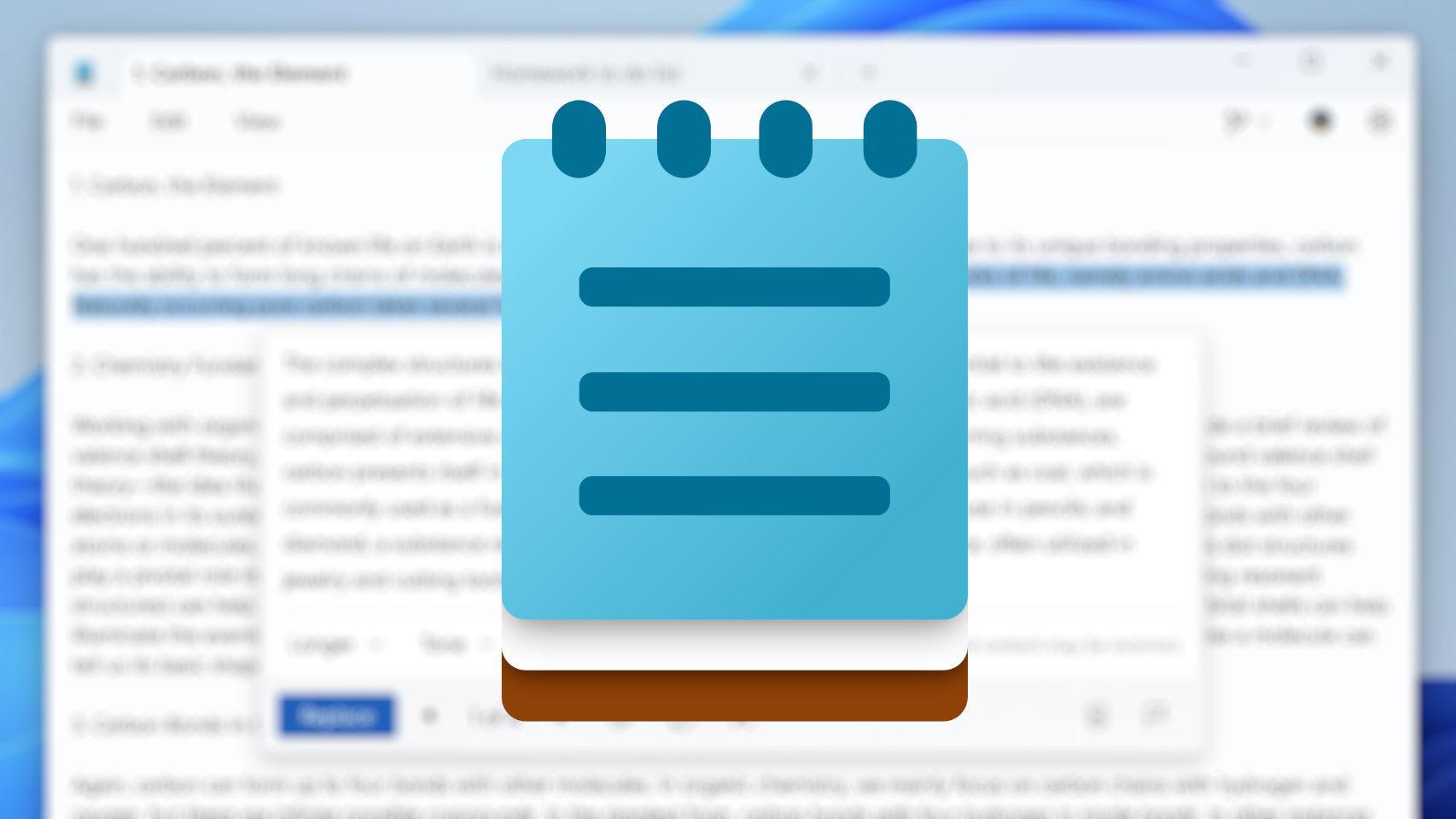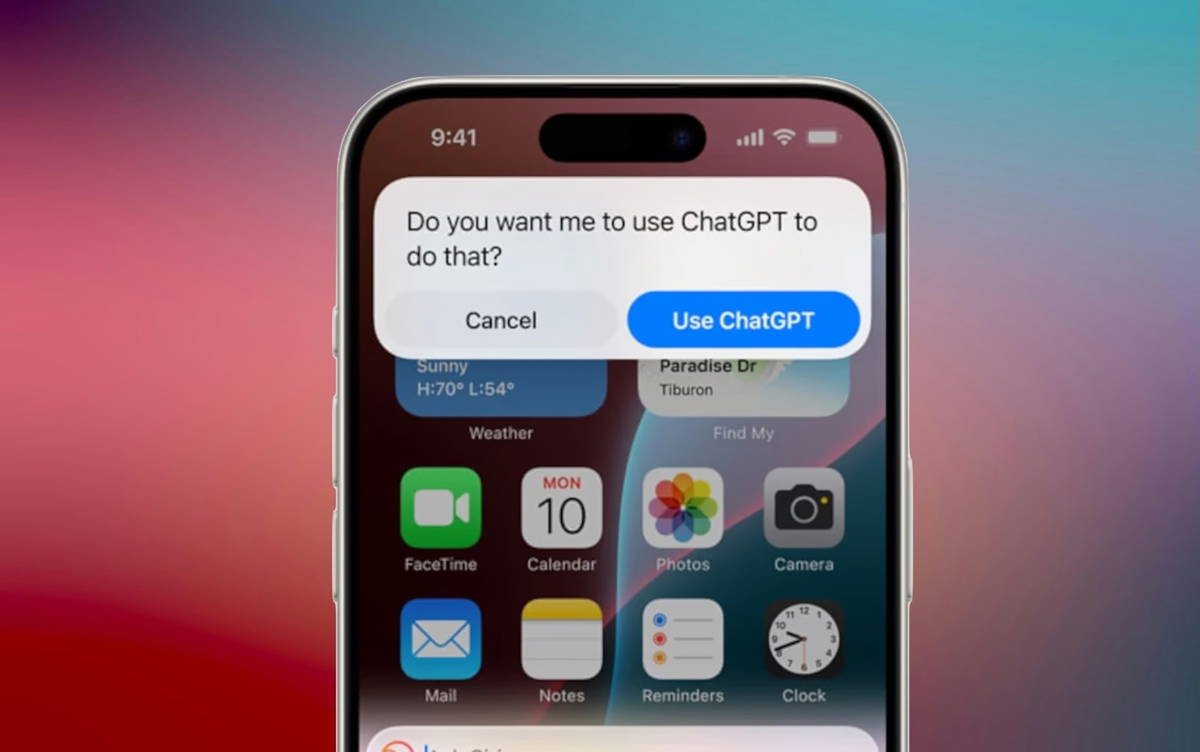
User privacy and security are one of Apple’s priorities. Those from Cupertino carry these two premises as a flag and are responsible for demonstrating it in each of the keynotes with presentations of new devices and software updates. Some companies, such as Cellebrite, are responsible for violating the security of devices and operating systems to access this digital content without the authorization of Apple and the user. A new document leaked by the well-known company Cellebrite shows that They still don’t have enough technology for their UFED (Universal Forensic Extraction Device) system to access information from iOS 17.4.
Cellebrite Still Can’t Access iOS 17.4 With Its UFED Tool
Israeli company Cellebrite provides you with analysis tools and services and digital forensic data extraction. In other words, it is responsible for recovering information from mobile devices that have significant use in the field of criminal investigation, security and law enforcement. One of its most used services is UFED, capable of accessing and extracting data from mobile devices.
In addition, Cellebrite has developed methods, including UFED, capable of accessing and extracting data from iOS even when the iPhone or iPad is locked with passwords or encryption. In fact, one of the most important cases was that of San Bernardino (USA) in 2016, where the FBI had to resort to external companies, probably Cellebrite, to access data from an iPhone belonging to an attacker that Apple itself had refused to offer. Little by little, Apple improves its operating systems by removing all the vulnerabilities that companies like Cellebrite use for their products.
Cellebrite’s latest leaked document shows that there is currently no enterprise tool that can access information from iOS 17.4. This means that Apple has significantly improved the security of its latest updates at the software level but also at the hardware level, which provides another layer of security to the user.








